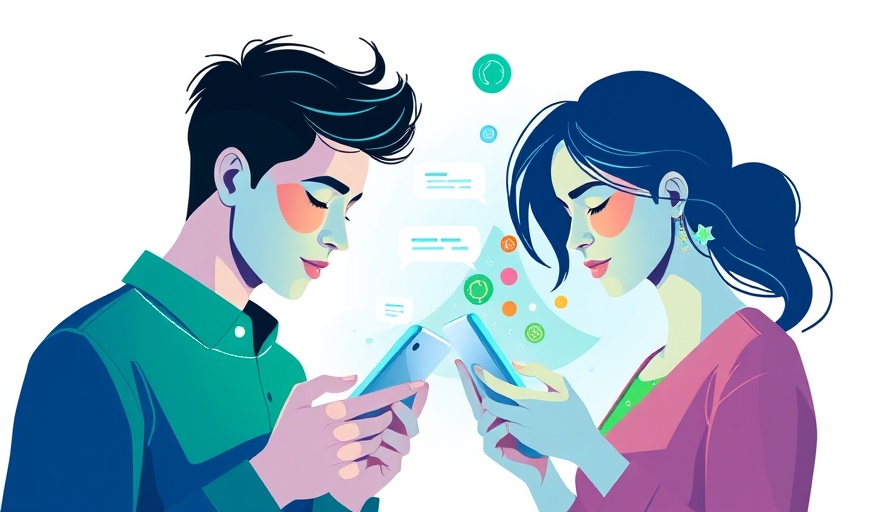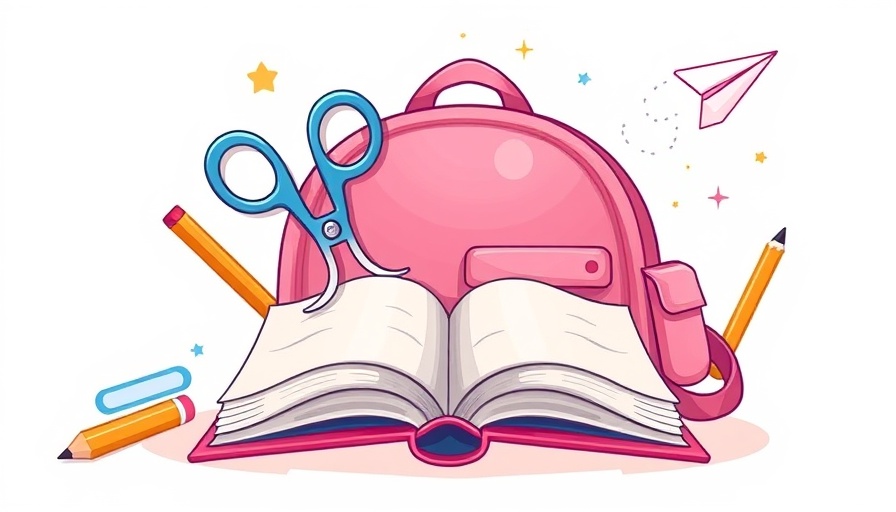
Reimagining Your Social Feed: The Case for Social Media Literacy
It’s only a few minutes past opening TikTok, and before you know it, your mind is spinning. As you glide through relationship advice, expert opinions on current events, and slices of seemingly perfect lives, you may wonder, "Is something wrong with me? Am I doing enough? Is this expert really credible?" These questions ring true for many young people today. In fact, a staggering 79% of teens aged 14 to 17 turn to social media for health information, which shows just how ingrained these platforms are in our quest for knowledge and validation.
The Double-Edged Sword of Social Media
While social media can be a therapeutic space for seeking peer support, it often comes with a hefty dose of misinformation that can exacerbate anxiety and skew mental health. As a former journalist turned life coach, I can attest that without the skills to sift through this information, young people may fall into traps that impair mental well-being rather than enhance it. It’s not just about finding out who has the best skincare routine; it’s about navigating an online landscape fraught with both valuable and harmful content.
Building Critical Skills for a Healthier Digital Experience
So, how can you empower yourself or the young people in your life to cultivate social media literacy? First, understand that social media literacy means critically evaluating online content while participating in digital spaces ethically and responsively. This is essential for mental clarity and well-being.
One scientifically backed way to foster this skill set is to embrace your inner skeptic. The American Psychological Association (APA) encourages young people to develop critical questioning skills. Start by asking yourself:
- "What makes me trust certain creators over others?"
- "How do I know when information is accurate?"
Actionable Tips for Navigating Social Media Wisely
Integrating skepticism into your scrolling habits can yield tangible benefits for your mental health:
- Prioritize Reliable Sources: Learn the difference between creators who share facts backed by science and those who don’t.
- Engage with Kindness: Use your influence to create positive interactions online. Promote respectful dialogue and report harmful content.
- Foster Community: Support peers through likes and shares that uplift, rather than amplify negativity.
Establishing diverse perspectives online is crucial for mental wellness. Engaging with responsible content creators can pave the way for better decision-making when it comes to health and wellness topics, and may even lead to finding coping strategies for anxiety and stress.
Join the Movement Towards Positive Digital Interactions
Every little action you take contributes to a culture of kindness and respect online. Reporting misinformation and advocating for moderation can make the digital domain a healthier space where young people can thrive. Social media literacy isn’t just a skill—it’s a pathway to building stronger, community-driven relationships.
By embracing social media literacy, we’re not just navigating a turbulent landscape; we’re reshaping it. And that makes all the difference.
 Add Row
Add Row  Add
Add 




Write A Comment